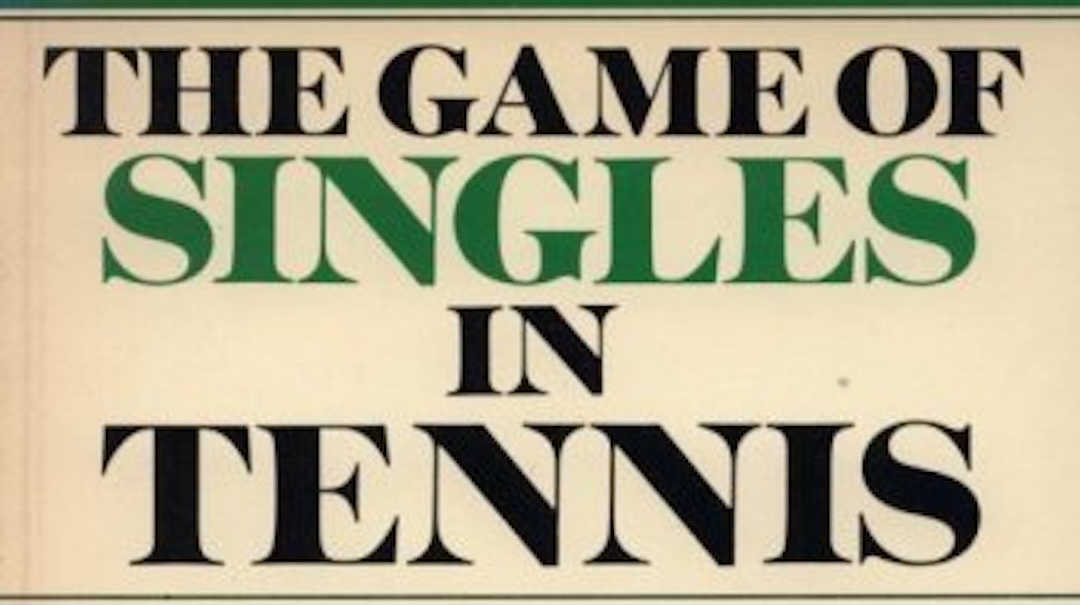I have periodically run across a seemingly unusual book recommendation for Psycho-Cybernetics. Even though the book ostensibly has nothing to do with tennis on the surface, many professional players who competed around the dawn of the Open Era credit it as the catalyst behind a sharp elevation in their game. More recently, a recommendation for this book surfaced to me in a retirement planning context. I finally reached the point where I felt compelled to check it out.
Psycho-Cybernetics by Maxwell Maltz was originally published in 1960. It sold over 35 million copies prior to the release of an updated version in 2015. The new edition includes annotations and commentary by Matt Furey, the President of the Psycho-Cybernetics Foundation. Maltz was a plastic surgeon who became fascinated with his patients that underwent cosmetic surgery without a subsequent impact on how they perceived themselves. In the process, he created a philosophy that self-image is the key to success and happiness.
To be clear, Psycho-Cybernetics is a self-help book. It explores the relationship between the mind and success which has obvious and direct applicability to tennis. In fact, “The Inner Game of Tennis” by Timothy Gallwey clearly builds upon Maltz’s principles specifically for that sport. Both books offer valuable insights into the power of the mind and how it can be harnessed to improve performance in any area of life.
The overall gist of the book builds the case that the mental picture that we have of ourselves is malleable. While self-image is influenced by experience and perception, it can be proactively changed. Essentially the book is an argument that the key to enduring life change can originate from an intentional modification of attitude. In other words, life experience can be greatly impacted by self-image rather than the other way around.
Psycho-Cybernetics provides several exercises and techniques to help readers improve their self-image and achieve their goals. These exercises include visualization, self-affirmations, and goal-setting. These are all things with direct applicability to tennis.
Overall, I found Psycho-Cybernetics to be an insightful and practical framework for personal growth and success. While it was a little “woo-woo” at times for my taste, the message that changing our self-image is crucial for success resonates with me. Life and tennis are both better when our experiences are received with a positive self-image and attitude.
I recommend Psycho-Cybernetics to anyone looking to improve their self-image and achieve their goals. It doesn’t matter if it is on the tennis court or for life in general. This book can make a positive impact.
 | Psycho-Cybernetics by Maxwell Maltz |



